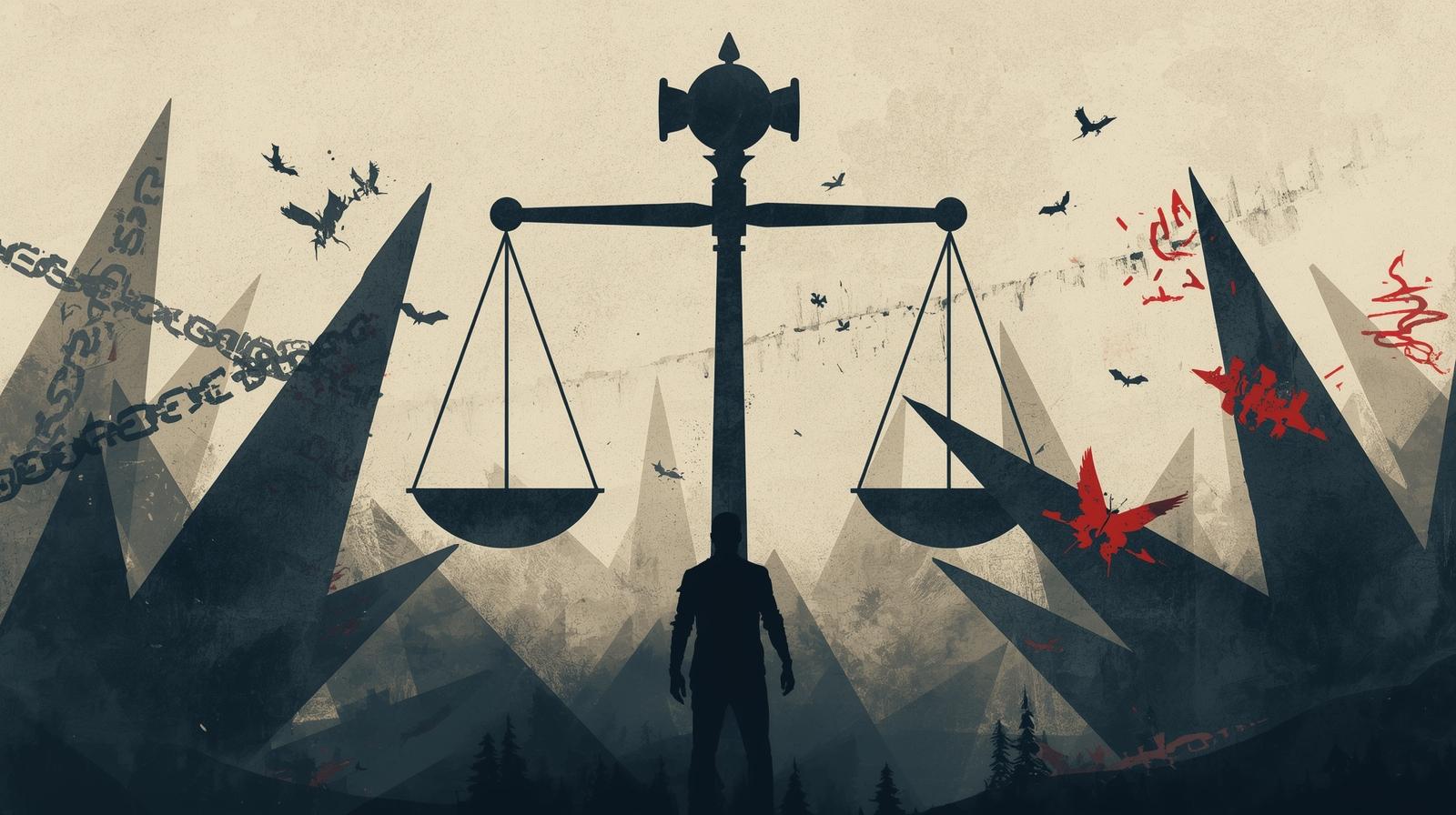Summary of the Interview with Dr. Mordechai Kedar on October 24th, 2025
by Howard Flower, ICEJ
In an interview on “Straight Up with Danny Seaman,” Dr. Mordechai Kedar, an expert on Islam and the Middle East from Bar-Ilan University, provides a careful analysis of the recent Trump-Netanyahu Gaza accord, the shifting geopolitical landscape of the Middle East, and the long-term strategic challenges posed by political Islam.
Concern Regarding the Trump-Netanyahu Accord
Dr. Kedar’s primary assessment of the newly brokered Gaza deal is one of doubt. He bases his skepticism on a principle of organizational sociology: the more parties involved in a project, the lower its chance of success. He points out that the Gaza agreement involves numerous actors with conflicting interests, including Israel, Hamas, Egypt, Saudi Arabia, the United Arab Emirates, Qatar, Turkey, and the United States.
He highlights a fundamental divide among these parties. On one side, Turkey and Qatar aim to preserve Hamas’s rule in Gaza. On the other, Saudi Arabia and the UAE, as enemies of the Muslim Brotherhood, seek to remove Hamas from power. With America and Israel adding their own distinct objectives to this mix, Dr. Kedar predicts internal conflict, either between Hamas and the Saudi-Emirati bloc or among the Arab sponsors themselves. He believes the structure is too fragile and will likely collapse as parties withdraw when their goals are not met, leaving Gaza in ruins for the foreseeable future.
He attributes the sudden willingness of Arab states to engage in this agreement to the unique character of the Trump administration. He describes Trump as demanding immediate, tangible results, a mindset utterly foreign to the patient, long-term “desert culture” of the Middle East. Dr. Kedar suggests that regional actors are superficially complying to satisfy Trump’s desire for a quick win, especially with an eye on the upcoming U.S. midterm elections, rather than out of a genuine commitment to a sustainable solution.
Shifts in the Middle East and an Alternative Solution
The discussion then turns to the broader changes in the region since the war began. Dr. Kedar notes that Israel has dramatically altered the Middle Eastern balance of power by decisively acting against Iranian threats and its proxies, including Hamas and the Houthis. However, this has created a power vacuum that is now being filled by competing Sunni powers—namely, a bloc of Turkey and Qatar versus a bloc of Saudi Arabia, Egypt, and the UAE. The future of Gaza, he argues, hinges on the outcome of this competition, which could result in either a prosperous entity or a continued hub of militancy.
Regarding the future of Judea and Samaria (the West Bank), Dr. Kedar proposes a radical alternative to the current paradigm. He argues that as long as the territory is governed by nationalist (PLO) or Islamist (Hamas) ideologies committed to Israel’s destruction, there can be no peace. His solution is the “emirate model.” He advocates for dismantling the Palestinian Authority and instead establishing independent, clan-based emirates in major cities like Nablus, Jenin, and Ramallah, similar to the model of Dubai or Abu Dhabi. Israel would annex the rural areas and settlements and maintain peace agreements with each individual emirate, dealing with local clan leaders who are focused on practical governance and economic well-being rather than ideological destruction. He points to clans in Hebron who have already expressed interest in such a model and joining the Abraham Accords.
The Long-Term Threat of Political Islam
The conversation expands to the global ambitions of political Islam. Dr. Kedar asserts that migration to Western countries is not an innocent demographic shift but a facet of jihad. He explains jihad as a multi-pronged effort to establish the supremacy of Islam, which can be achieved through various means beyond violence (“jihad by the sword”). These include:
- Dawa: Missionary work to convert people.
- Migration (Hijra): Settling in non-Islamic lands to spread Islam.
- Academic Jihad: Influencing universities and intellectual circles.
- Economic Jihad: Initiatives like the BDS movement.
- Media Jihad: Using outlets like Al Jazeera to shape public opinion.
- Arson Jihad: Destroying churches, synagogues, and forests.
He emphasizes that Islamists are patient, operating on a timeline of decades or even centuries, as encapsulated in the Quranic idea that “Allah is with those who have patience.” He points to the explicit goal of the Muslim Brotherhood to Islamize the United States and notes how mass migration to Western Europe is already shifting national foreign policies—for instance, turning traditionally pro-Israel countries like France and Spain toward anti-Israel stances to appease their new Muslim electorates.
Dr. Kedar observes that this Islamist resurgence is not only happening in the West but also in formerly secular Muslim homelands like Turkey, Iran, and Qatar. While he acknowledges a growing nationalist backlash in Europe (citing examples in the UK, Germany, and Sweden), he remains pessimistic about its long-term efficacy due to low birth rates among native European populations.
Conclusion
In conclusion, Dr. Kedar presents a sobering worldview. He sees the current Gaza accord as a temporary and likely futile initiative, advocates for a fundamental restructuring of governance in the West Bank based on local clan leadership, and warns of a patient, multi-front jihadist campaign aimed at achieving global Islamic supremacy. He posits Israel’s steadfast maintenance of its national and religious identity as a model for how to resist this pressure, a lesson he believes the West must learn quickly if it hopes to preserve its own cultural and political future.
Related links:



